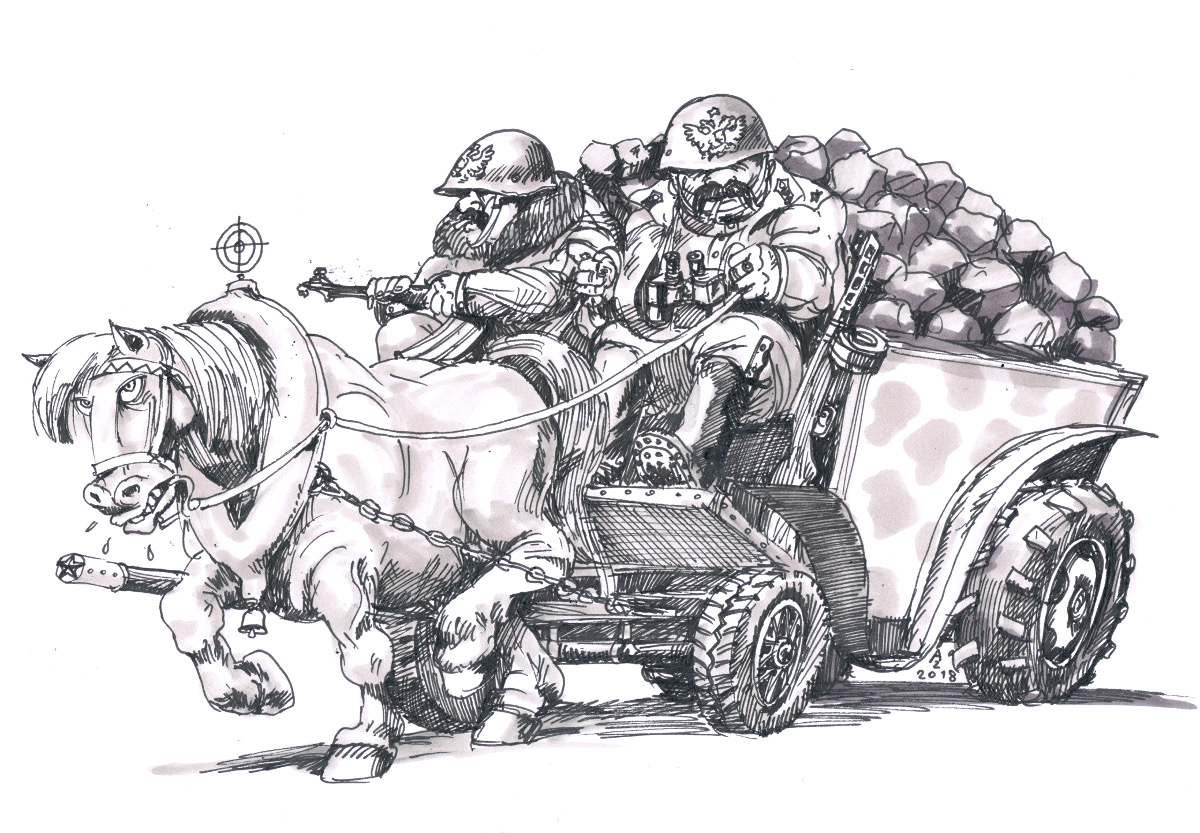Donbas coal bonanza
The self-proclaimed Donetsk and Luhansk People’s Republics (DNR, LNR) are often compared to Transnistria, another unrecognised quasi-state supported by Moscow and used as a tool to destabilise Moldova. Such a comparison, however, is a mistake. Transnistria – to put things simply – is organised around the Transnistrian business conglomerate Sheriff, which controls the majority of companies, some government agencies and local political parties. In contrast, the DNR and LNR, covering one-third of Ukraine’s Donets Black Coal Basin, operate according to mafia rules. This is an important point to keep in mind while analysing the functioning of the economy of the para-states.
April 26, 2018 -
Michał Potocki
-
Hot TopicsIssue 3-4 2018Magazine

Illustration by Andrzej Zaręba

































